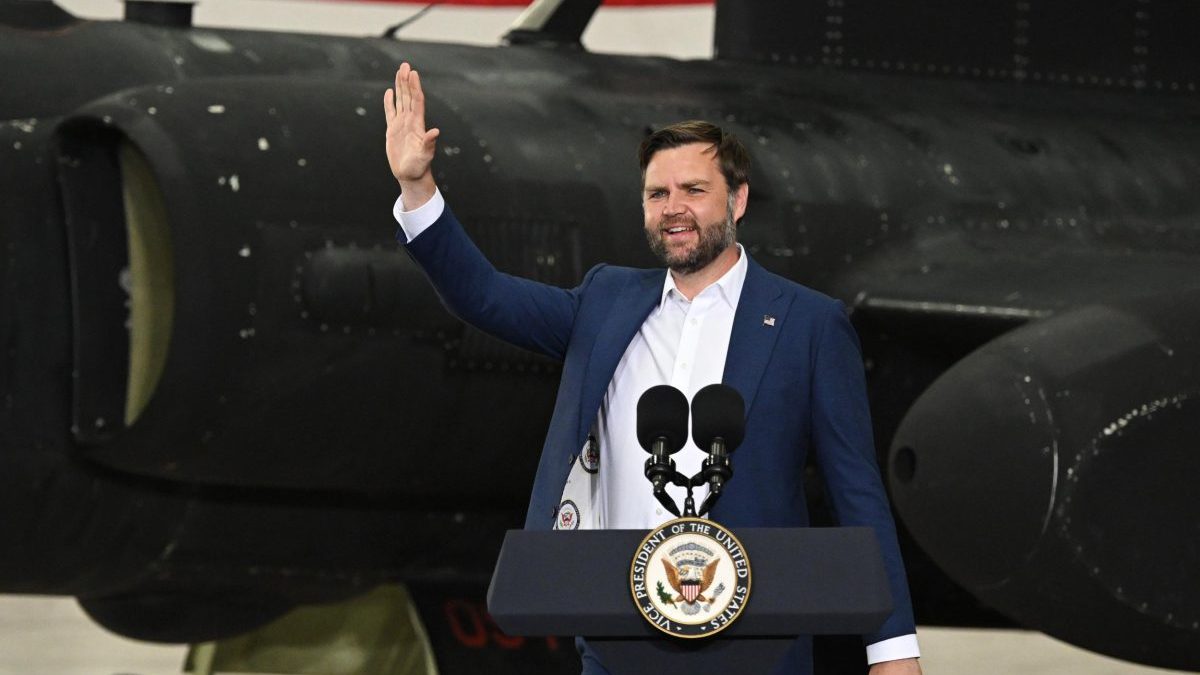There is a phrase that has been known in British politics since the 19th century, when Lord Randolph Churchill – father of Winston – used it to describe the prime minister Lord Gladstone: “an old man in a hurry”.
It’s a good way to describe how President Donald Trump is acting when it comes to Russia and Ukraine. Trump promised repeatedly to end the conflict on “day one” of his presidency, but instead made no progress over six months.
The president is fixated on winning a Nobel Peace Prize – to the point that he reportedly cold-called Norway’s finance minister to lobby directly for it – and seems acutely aware that the clock is ticking before this year’s winner is announced in October.
Perhaps with this end in mind, he has accelerated his peace-making efforts, hosting Vladimir Putin in Alaska last week, and Ukrainian leader Volodymyr Zelensky and European leaders in Washington DC today. Trump very obviously wants a peace deal he can call his own. Whatever else he wants, though, is a mystery.
The problem for anyone trying to make sense of what Trump says or how he negotiates, though, is that he seems to mirror whoever spoke to him most recently.
In this confusing and confused picture, though, there is one more element: Vice President JD Vance.
Vance has been one of the most critical voices against US support for Ukraine, and it was he who launched into a savage attack on Zelensky during his last Oval Office visit, torpedoing the signing of a Ukrainian mineral deal that Trump seemed eager to secure.
Vance is fresh off the plane from a holiday in Europe – mostly in the Cotswolds in England, and then Trump’s Turnberry golf course in Scotland – but his criticism of the continent has continued unabated. Just last week, Vance told Fox News that Americans were “sick” of spending money to defend Europe and were “done funding” Ukraine’s defence.
Vance is therefore likely to be fiercely against any deal that involves America providing material support through security guarantees to Ukraine. In that, he certainly represents a major movement within Maga (and within the Trump White House) that virulently opposes sending US troops overseas – the name of the game, after all, is “America First”.
That leaves Vance as the unknown quantity in the peace process and in the delicate negotiations intended to take place on Monday. Vance has proven himself more than capable of derailing talks – the minerals deal Zelensky went to DC to sign earlier this year was supposed to have been fully agreed. This time, there isn’t even the outline of a deal.
Security guarantees are the vital concession that Europe – and even more importantly, Ukraine itself – need to make a deal even remotely feasible, and they are the thing Vance and his Maga faction least want to give, and which could easily be outright rejected by Russia in any case.
Chillingly, matters of world peace and international relations may come down to Vance’s personal political calculus.
The personal and political stakes for Vance are at least as high as they are for his boss. Trump’s desperation for glory on the world stage is driving him to try to force painful political concessions from all sides, including his own – Trump, at least, seems willing to float concessions that his voters and Congressional allies alike would hate.
Vance is not going to want to do that, or to support it, especially as he keeps an eye to running as president himself in 2028. That means if Vance gets a chance to sabotage a deal that involves American money or personnel going to Ukraine, or America guaranteeing the security of Nato members in its borders, he may do so.
But if Trump is desperate enough, and if the parties somehow get a deal on the table – though it feels like everyone is just waiting for it to collapse, and hoping someone else takes the blame – then Vance is stuck.
If Trump recommends a deal, Vance has to go along with him, or face total irrelevance as Vice President. In those circumstances, his only option is to publicly support a deal everyone knows he hates. In his own way, Vance is nearly as desperate as his boss.
James Ball is the political editor of the New World
